Wine industry accuses Coles, Dan Murphy’s owner of misusing market power
Australian winemakers have had enough of big retailers flooding stores with private label wines owned by the chains, and want the Senate supermarket inquiry to intervene.
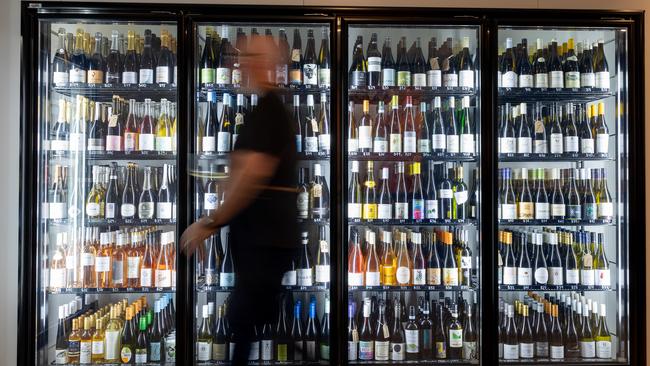
The nation’s two biggest wine retailers, Dan Murphy’s owner Endeavour Group and supermarket chain Coles, stand accused of a wide range of anti-competitive behaviours such as squeezing margins, de-listing wines at short notice and manipulating store layouts to push shoppers into buying their private label wines rather than those made by independent winemakers.
At the heart of the complaints is the fear, now turned to anger, that popular wine chains such as Dan Murphy’s and Liquorland, owned by Coles, are walking both sides of the street; acting as the most important retailers for winemakers but also at the same time being their most powerful competitors thanks to tens of millions of dollars poured into buying, developing and sourcing private label wines.
In a fiery broadside aimed at the two major retailers, a peak wine industry group has in particular focused on the increasing domination and proliferation of these private label wines in stores that has created an impossible position for other winemakers where the retailers are now both their major customer and major competitor.
Making matters worse, the inherent price advantage of these private label wines (as they are owned or controlled by the retailer) together with favoured treatment and displays in the store or online means consumers are choosing wines they might not otherwise pick up when walking down the aisle or browsing online, it has been claimed.
The sensational allegations are part of a submission to the Senate supermarket inquiry from peak industry group Australian Grape & Wine, which has launched a withering attack on the business model of Endeavour, which demerged from supermarket giant Woolworths in 2021 and owns Dan Murphy’s and BWS as well a portfolio of vineyards, and Coles which owns chains First Choice, Liquorland and Vintage Cellars.
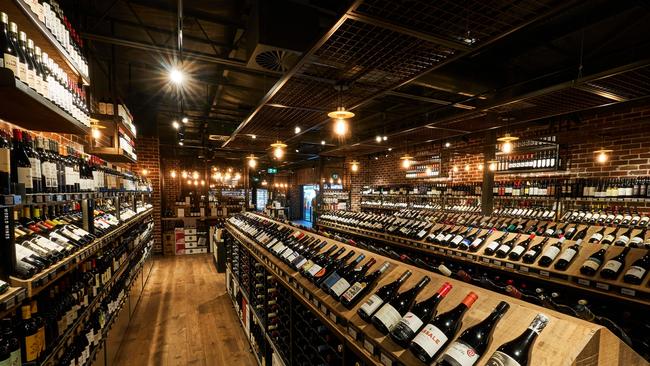
Mirroring complaints made by some food and grocery suppliers against the heavyweight supermarkets Woolworths and Coles, the two powerful gatekeepers to the wine retail market are accused of poor treatment of wine suppliers, squeezing margins, delisting their stock at short notice and demands to spend on costly retailer promotions.
Australian Grape & Wine, which represents the interests of the more than 2,100 winemakers and 6,000 winegrape growers, has raised the idea of wine being included in a strengthened supermarket food and grocery code of conduct to give much-needed protection to wine suppliers.
The wine industry group is also asking for the ACCC to give greater attention to creeping acquisitions in the retail and liquor sectors that give already dominant companies even more power and influence.
Although these wine supplier complaints, especially around the massive growth of private label wine, have been around for more than a decade it is believed the wine industry now sees its opportunity to grab the political and regulatory spotlight for their cause given the current heavy focus on the supermarkets and food and grocery suppliers.
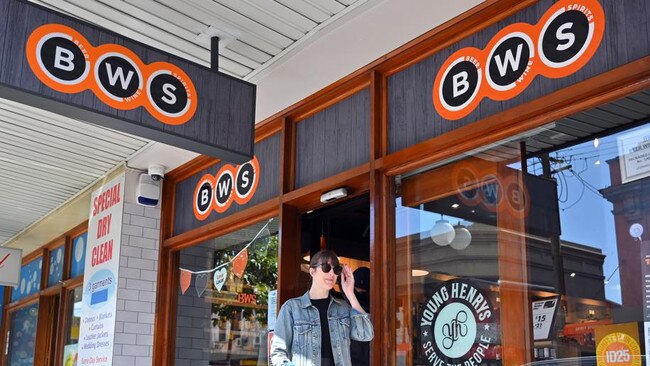
The wine industry is making its play to drag in front of the current Greens-led Senate inquiry into the supermarkets what it believes is similar anti-competitive behaviour alleged by some supermarket food and grocery suppliers.
Despite the Senate inquiry not including wine within its terms of reference as it investigates the power of the supermarkets, there is a rising groundswell among sections of the wine industry to widen that inquiry to now look at wine and wine retailers.
This has seen Endeavour chief executive Steve Donohue appear before the Senate inquiry as part of its public hearings and a request for Coles Liquor to put in a submission despite a submission already handed to the inquiry by Coles itself.
In its submission to the Senate inquiry, Australian Grape & Wine has made a number of allegations of anti-competitive behaviour by the heavyweight wine retailers and in particular which focus on the growing power of private label wines.
Endeavour, which was once part of Woolworths, in particular has been a pioneer of investing in private label wines to see it buying up well-known vineyards and labels such as Oakridge Wines, Shingleback, Chapel Hill, Cape Mentelle and Josef Chromy that is part of a wider vertical integration strategy.
These wines from a range of cherished and sought after regions now generate a strong pipeline of ‘own brand’ wine flowing into its Dan Murphy’s and BWS stores.
Endeavour’s Pinnacle Drinks division owns this wide portfolio of wine labels, vineyards and wine production facilities and acts as a wholesaler of a variety of beverages across wine, beer and spirits.
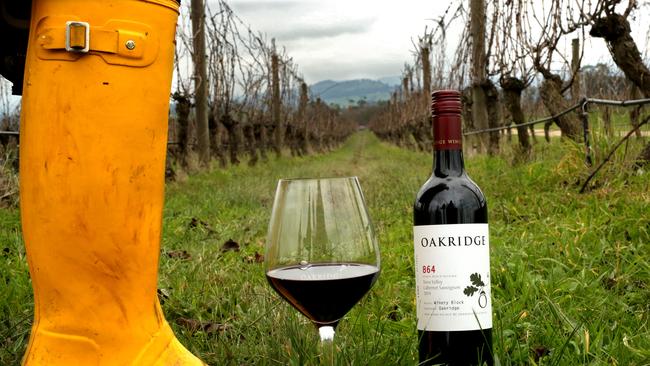
Coles too has been active, although not an owner of wineries or production facilities like Endeavour, it does have private label wines through its stores that it sells exclusively.
“A growing challenge is vertical integration of wine retailers into the supply chain including ownership of vineyards as well as wine production, storage, and bottling facilities,” states the Senate inquiry submission from Australian Grape & Wine.
“In correspondence received late last year, one producer estimated that the channel opportunity for branded suppliers has become fifty per cent smaller since the rise of vertically integrated retailers.
“With these businesses now owning hundreds of different brands from both Australia and overseas, for many winemakers the retailers are now both their major customer and their major competitor.”
The retailers then favour their more profitable private label brands in their stores, at the expense of competitors, and this can include the way these wines are displayed in the stores and marketed to shoppers, Australian Grape & Wine argued.
“There are concerns that the large retailers use their market power to gain competitive advantage for their own brands. Retailers can do this by manipulating store layout and product placement and various other forms of choice editing.
“This accords strong potential to lead consumers towards choices they might not otherwise make. In doing so it denies equally efficient competitors of access to a sufficient customer base, meaning they battle to remain competitive. The negative impact on producers and consumers can snowball as private brands increase market share, competition dwindles and impacts on consumers escalate.”
Australian Grape & Wine also claim that the retailers’ own branded products have an advantage over competing wine producers, especially when it comes to costs.
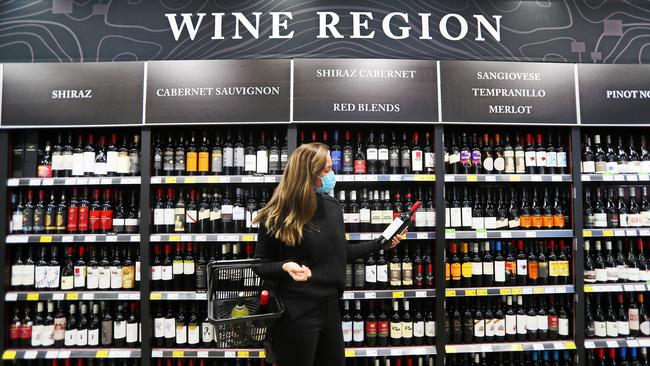
“Retailers have the power to impose logistical parameters and processes that must be abided by, or are difficult to avoid, creating a greater burden on non-proprietary suppliers.
“Furthermore, unlike other wine producers, a vertically integrated retailer can transfer, or create an internal sale, between their own branded wine and their retail store at a cost exclusive of marketing, distribution and storage.”
The industry group also argues that their members are not privy to crucial trade and consumer data which also puts them at a stark disadvantage to brands owned or controlled by the retailers.
“Wine suppliers competing with own branded products for shelf space are also prone to information asymmetries as they lack visibility over the domestic market. They have little insight when an alternative wine style or variety is taking off in the market nor about how their products are performing compared to others in the relevant category. This leads to bargaining power imbalances during pricing negotiations and when considering whether they wish to fund promotions, and it means they tend to bear a disproportionate share of demand side risk.”
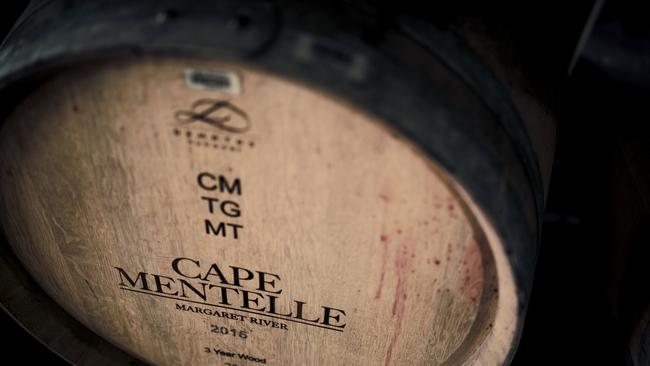
In response a spokeswoman for Coles Liquor said it partnered with more than 450 wine suppliers, the vast majority of them small and medium sized, and that it wanted all of them to operate in a thriving industry.
“As part of our goal to be a locally relevant drinks specialist, we offer local ranging to meet the specific needs of our customers, which means no two store formats are the same. Our newly opened First Choice Liquor Market in Launceston for example has a strong focus on Tasmanian produced drinks, with more than 350 local craft and boutique wines, beer and spirits from over 80 local winemakers, brewers and distillers.”
Coles Liquor also points to the fact that only 4 per cent of its beverages in its liquor stores are private label and that the proportion of its private label range is down by 14 per cent in the last five years.
A spokeswoman for Endeavour said its private label wines, owned through Pinnacle Drinks, only made up a small portion of the wines on sale at its retail stores.
“Pinnacle Drinks produces high-quality, great value products that deliver great value for customers and boosts sales of Australian made wine. Pinnacle drinks make up less than 15 per cent of the wine we stock at Dan Murphy’s and BWS. The vast bulk of this wine comes from third-party suppliers, many of whom are smaller, family-run businesses.”
The retailer has also argued that around 200 Australian small and medium wine producers also bottle and package approximately 10 million cases with Pinnacle Drinks’ Vinpac division annually through contracts that provide vital support to businesses which enables their domestic and export sales.
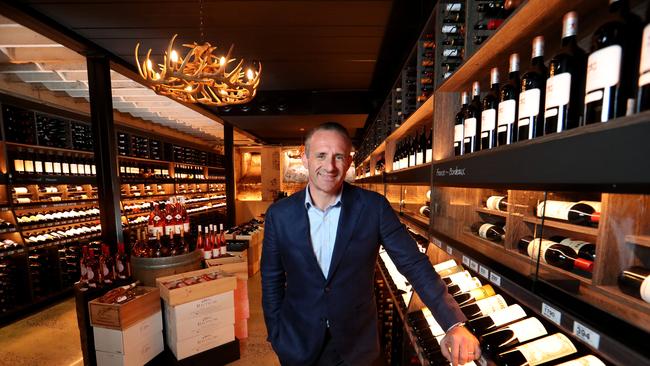
In his appearance before the Senate supermarkets inquiry Endeavour boss Mr Donohue said that within its Pinnacle division it develops its own wine for its stores, but also has products made exclusively for it by a range of small and medium breweries, distilleries and wineries. “Exclusive product agreements is a common approach in drinks retailing - often the same Australian producer would make one product exclusively for us and then another product for our competitors,” he told Senators.
In terms of calls from Australian Grape & Wine to have wine retailers covered by the food and grocery code, former Labor federal minister Craig Emerson is currently conducting a review into the code of conduct but in his interim report this month concluded that it would be highly problematic and undesirable to extend the code beyond supermarkets to cover wine and wine retailers.
“The review considers that wine does not readily fit into a code that is designed to cover the supply of ‘groceries’, being products that are ordinarily found in supermarkets,” Mr Emerson wrote in his interim report.
“Many suppliers of grocery products are particularly vulnerable to the supermarkets’ market power because these suppliers do not have other avenues to sell their products at scale. In contrast, wine is sold in liquor stores across Australia, and in some states, wine is not available in supermarkets. Furthermore, around 60 per cent of Australian wine is exported.”
The Greens-led supermarket inquiry chaired by Greens Senator and chief inquisitor Nick McKim is expected to release its report on May 7, and it is unknown at this stage if it will devote attention to the wine sector and the two powerful wine retailers Endeavour and Coles.






To join the conversation, please log in. Don't have an account? Register
Join the conversation, you are commenting as Logout